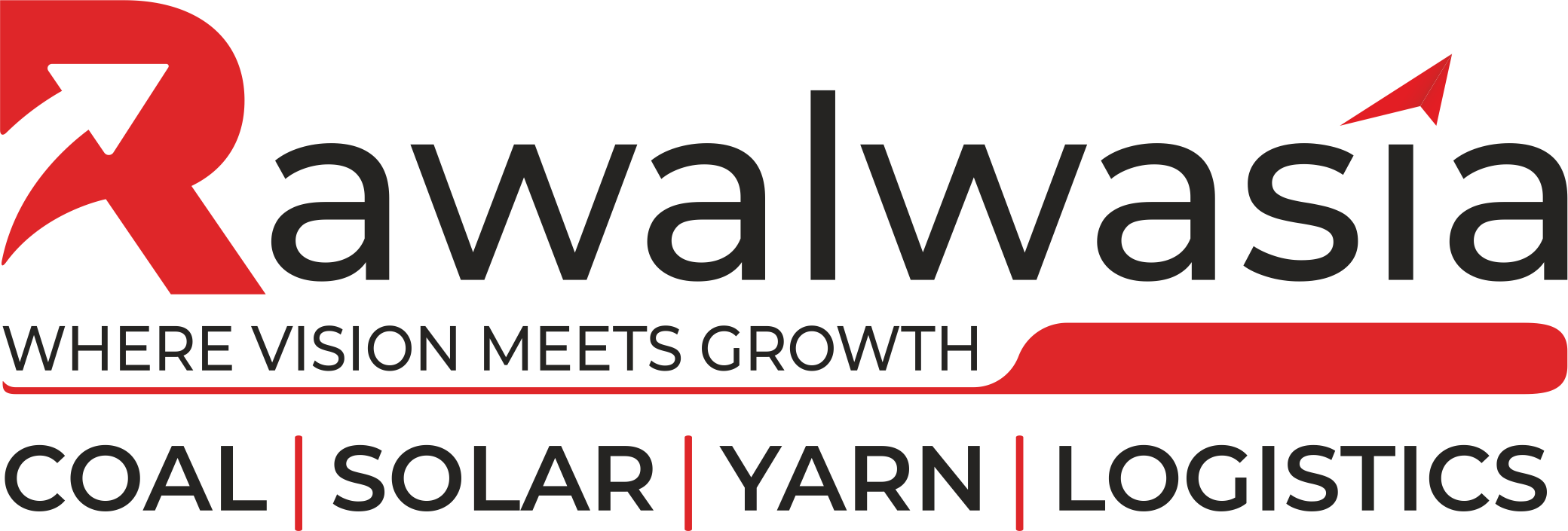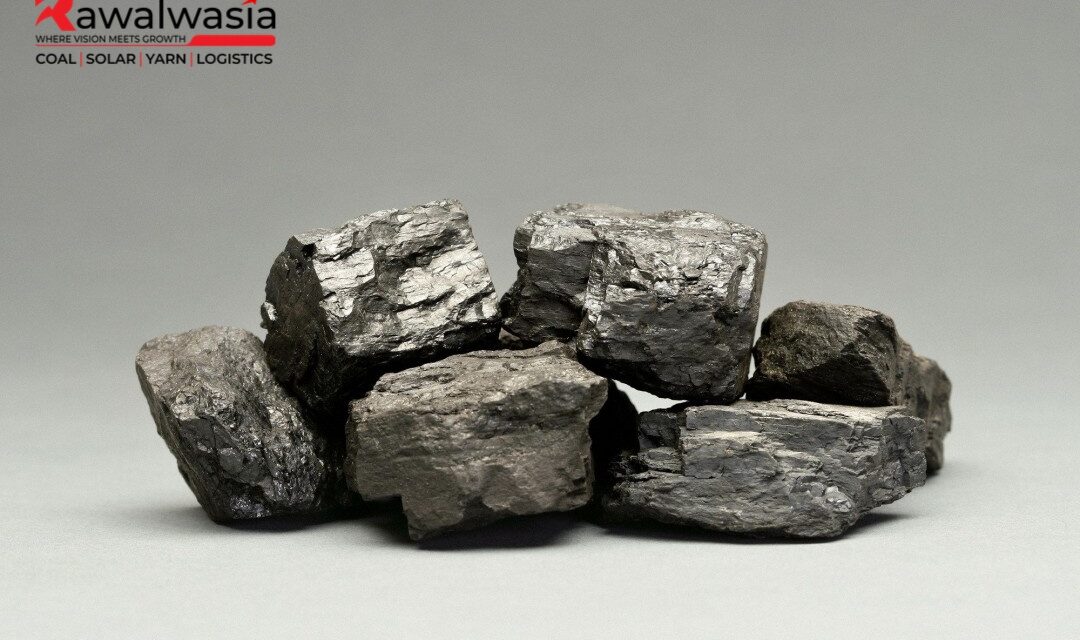In the industrial ecosystem, coking coal stands as a cornerstone resource, powering steel production and enabling infrastructural advancements across the globe. However, the dynamics of the coking coal market have been undergoing significant changes, compelling industrialists to stay informed and agile.
The Critical Role of Coking Coal
Coking coal, also known as metallurgical coal, is a vital raw material in steelmaking. It is transformed into coke, which serves as both a reducing agent and a source of thermal energy in blast furnaces. With the steel industry accounting for nearly 70% of coking coal consumption, the commodity’s significance cannot be overstated.
Shifting Geographies of Supply and Demand
The global coking coal market is shaped by a few dominant players. Australia leads the pack as the largest exporter, followed by countries like the United States, Canada, and Russia. On the demand side, China and India are the key consumers, driven by their burgeoning steel industries.
In recent years, geopolitical tensions, trade policies, and environmental concerns have reshaped supply chains. For instance, China’s restrictions on Australian coal imports in 2020 disrupted the global market, forcing buyers and sellers to explore alternative routes. Simultaneously, India’s increased investments in steel production have elevated its status as a major consumer.
The Sustainability Imperative
Sustainability is no longer a buzzword but a business imperative. Industrialists are grappling with the challenge of balancing production efficiency with environmental responsibility. Coking coal, being a fossil fuel, faces scrutiny for its carbon footprint. As a result, innovations in steelmaking—such as hydrogen-based direct reduced iron (DRI) and electric arc furnaces—are gradually gaining traction, though they are not yet poised to replace traditional methods entirely.
Price Volatility and Risk Management
Price volatility in the coking coal market is another critical factor for industrialists. Natural disasters, such as floods in Australia’s mining regions, or policy shifts, like Indonesia’s coal export regulations, can cause sudden price spikes. To mitigate these risks, businesses are adopting strategies like long-term contracts, diversified sourcing, and the use of financial instruments such as futures and options.
Technological Advancements in Mining and Processing
The mining and processing of coking coal have also seen advancements aimed at improving efficiency and reducing environmental impact. Automation, artificial intelligence, and predictive analytics are streamlining operations, enhancing safety, and optimizing resource utilization. These technologies are not just cost-effective but also align with the growing emphasis on ESG (Environmental, Social, and Governance) compliance.
India: A Key Player in the Evolving Landscape
India’s strategic position in the coking coal landscape cannot be overlooked. As the world’s second-largest steel producer, the country is heavily reliant on coking coal imports, with Australia supplying the bulk of its requirements. However, initiatives to enhance domestic coal production and diversify import sources are gradually altering the dynamics. Industrialists in India need to stay abreast of these developments to capitalize on emerging opportunities.
Strategies for Industrialists
- Diversify Supply Chains: Minimize dependence on a single supplier or region to mitigate risks.
- Invest in Sustainability: Explore cleaner technologies and adopt best practices to reduce the carbon footprint.
- Leverage Technology: Use data analytics and automation to enhance operational efficiency.
- Monitor Market Trends: Stay informed about geopolitical developments, regulatory changes, and technological advancements.
- Engage in Collaborative Innovation: Partner with stakeholders across the value chain to co-develop solutions for sustainable steelmaking.
Conclusion
The landscape of coking coal is in a state of flux, shaped by economic, environmental, and technological forces. For industrialists, navigating this complexity requires a proactive approach, combining strategic foresight with operational adaptability. By understanding the evolving dynamics and aligning with sustainable practices, businesses can not only secure their position in the market but also contribute to a more resilient and sustainable industrial future. Rawalwasia Group aims to be a reliable and responsible supplier of coking coal, supporting the growth of the steel industry. Also controlling environmental impact and contributing to a more sustainable future.






